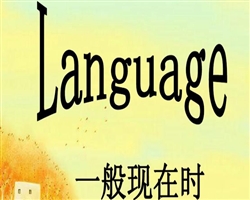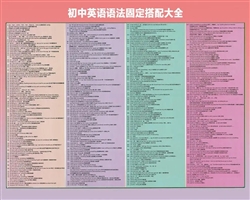Unit 10 I’d like some noodles.
1, 名词可分为可数名词和不可数名词(不可数名词作主语,谓语动词用单数)。
可数名词又分单数和复数。1一般+s;2以-s,-x,-ch,sh结尾的名词+es;3辅音+y,把y变i,再+es;4以-o结尾的,有生命的+es(negro—negroes;hero—heroes;tomato—tomatoes;potato—potatoes);无生命的+s;⑤以f,fe 结尾的名词,改f,fe为v+es(leaf—leaves;knife—knives)(例外:roofs,chiefs)⑥单复数同形:sheep,deer.不规则变化:man—men;woman—women;child—children;foot—feet;tooth—teeth等
2,would like sth. 想要某物
Would you like some …? 你想要一些……吗? ——Yes, please./ ——No, thanks.
would like to do sth. “想要做某事”。
Would you like to … ? 你愿意去做……吗?
—Yes, I’d like / love to./—I’d like/ love to. But I’m too busy.
would like sb to do sth “想要某人做某事”。
3,order:order food take/ have one’s order
In order to为了
In the order按顺序
Order/ book a room 预定房间
Order sb(not)to do sth命令
4,special和especial
Special特别的人或事物,特别的,特殊的,specials特色菜;specially专门地,特地
Especial特别的,突出的,especially特别,尤其
5, the number of表示“……的数量”,后面接可数名词复数。做主语时,主语是number而不是of后面的名词复数,因此谓语动词要用单数;
a number of表示“许多”,相当于many, 后面接可数名词复数,做主语时,主语不是number而是of后面的名词复数,因此谓语动词要用复数。
Number前可用large,great,small修饰,不能用little。
6,仍然,还:still(肯定句)
Yet(疑问句、否定句)
7,one bowl of two bowls of
8,what size(+n)would you like? Large/ medium/ small
9,what kind of
10,大:big 体格大、笨重→small,little 形容具体的人或物
Huge物体体积巨大=very big
Large物体面积、空间、范围、数量大→small 不修饰人
Great重大事件或行为,伟大,具有感情色彩
11,肯定句中表并列用and 否定句、疑问句中表并列用or
12,around the world= all over the world
13,make a wish
14,blow out
15,in/ at one go
16,get popular
17,cut up(动副结构)
18,bring good luck to
19,different kinds of
20,be short of缺乏





 。
。